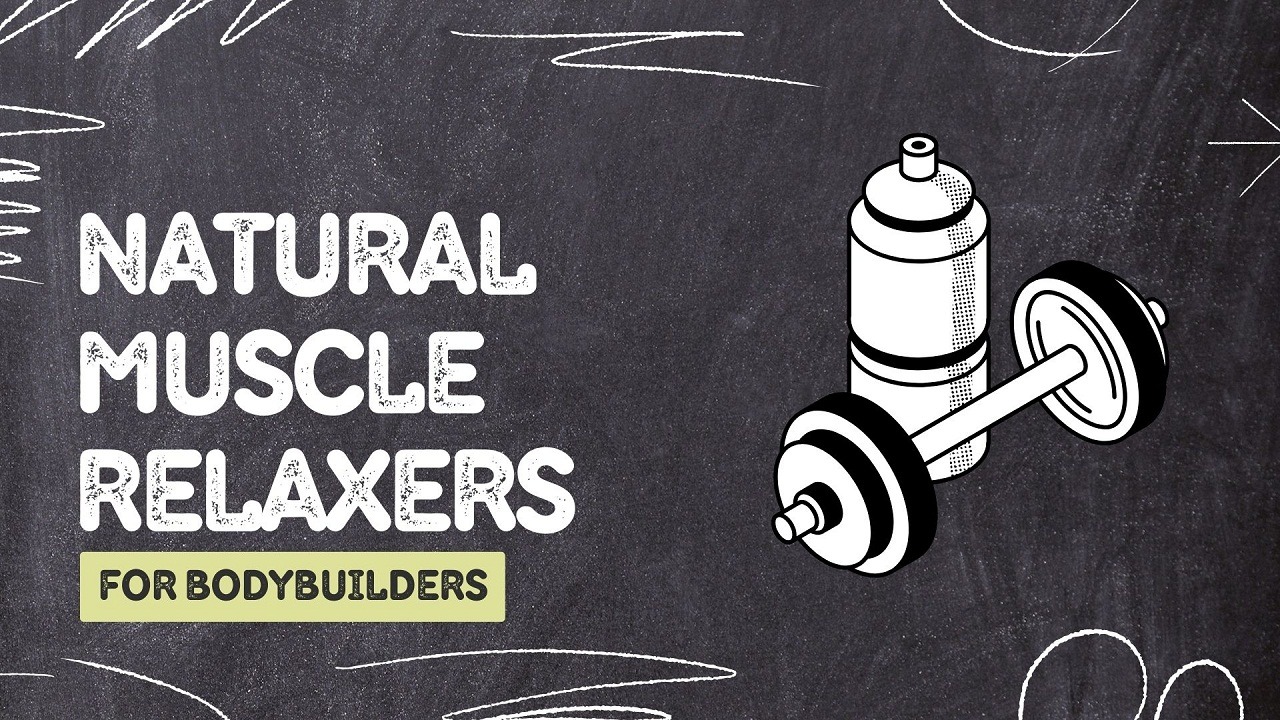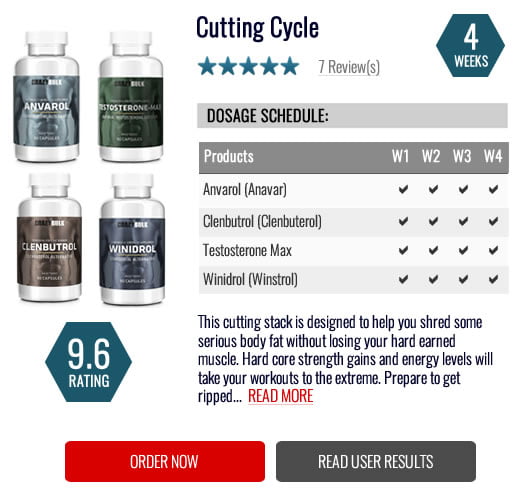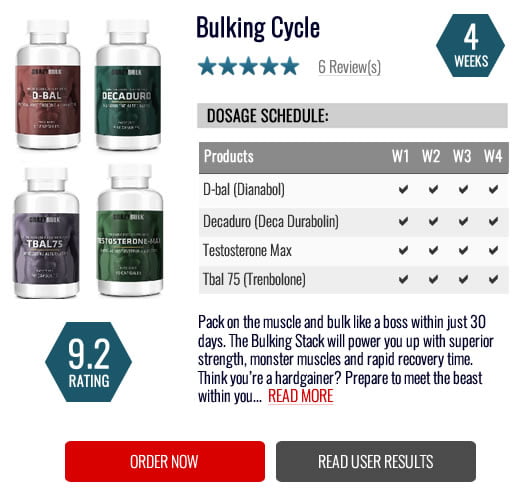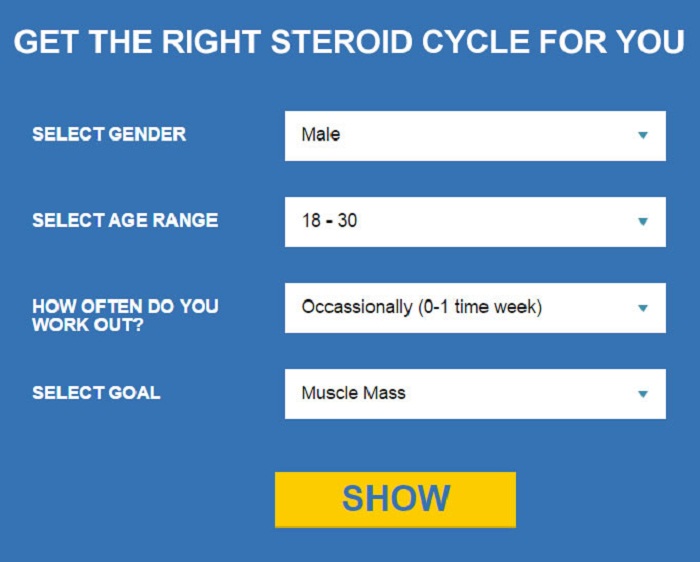Natural Muscle Relaxers
Contents
Muscle tension and soreness are a common experience, affecting people from athletes to weekend warriors and even those who sit for long periods. While prescription muscle relaxants offer relief, they can come with side effects like drowsiness and dizziness. Thankfully, nature provides a wealth of options for those seeking a gentler approach. This article explores various natural muscle relaxers, their potential benefits, and how to incorporate them into your routine for optimal results.
Must Read: Natural Steroids | Understanding the Benefits and Side Effects
Dietary Solutions:
- Cherry Juice: Montmorency tart cherries are a rich source of anthocyanins, powerful antioxidants with anti-inflammatory properties. Studies suggest that cherry juice consumption can help reduce muscle soreness and improve recovery after exercise [1]. Aim for 100% tart cherry juice, consuming it before, during, or after exercise, or throughout the day for general muscle relaxation.
- Magnesium: This essential mineral plays a crucial role in muscle function and nerve transmission. Magnesium deficiency can contribute to muscle cramps and tension. Including magnesium-rich foods like dark leafy greens, nuts, seeds, and whole grains in your diet can help. Alternatively, consider magnesium supplements after consulting your doctor.
- Blueberries: These delicious berries are packed with antioxidants, including anthocyanins, which may help reduce inflammation and muscle damage caused by exercise [2]. Enjoy them fresh, frozen, or incorporated into smoothies and yogurt for a tasty way to support muscle health.
- Curcumin: Found in turmeric, curcumin is a potent anti-inflammatory compound. Research suggests it may help decrease muscle soreness and improve recovery after exercise [3]. Add turmeric to your curries, or stir-fries, or consider taking a curcumin supplement after consulting your doctor.
- Protein: Protein is essential for building and repairing muscle tissue. Consuming adequate protein throughout the day can promote muscle recovery and reduce soreness. Aim for lean protein sources like chicken, fish, beans, and lentils.
- Pomegranate Juice: Studies suggest that pomegranate juice, rich in antioxidants, may help reduce muscle soreness and inflammation after exercise [4]. While more research is needed, it can be a beneficial addition to your recovery routine.
Rest and Relaxation:
- REST: This might seem obvious, but getting adequate sleep is crucial for muscle recovery. During sleep, your body repairs and rebuilds tissues, including muscles. Aim for 7-8 hours of quality sleep each night.
- Vitamin D: Vitamin D deficiency has been linked to muscle weakness and pain. Ensuring adequate Vitamin D levels through sunlight exposure, fortified foods, or supplements (after consulting your doctor) can promote muscle health.
Herbal Remedies:
- Chamomile: This calming herb is known for its relaxing properties. While research on its direct impact on muscle relaxation is limited, some studies suggest it may promote better sleep, which can indirectly improve muscle recovery [5]. Consider chamomile tea before bed for a natural way to unwind.
- Lavender: Similar to chamomile, lavender is known for its calming effects. Studies suggest it may help reduce muscle tension and anxiety [6]. Inhale lavender essential oil through a diffuser or apply diluted topical lavender oil (always dilute with a carrier oil like coconut oil) for a relaxing experience.
- Peppermint: Peppermint oil, when applied topically, may provide a cooling sensation that helps relieve muscle tension and pain [7]. Dilute peppermint oil with a carrier oil and massage it onto sore muscles.
- Valerian: This herb is traditionally used to promote sleep and may indirectly support muscle recovery by improving sleep quality [8]. Consult your doctor before using valerian, especially if taking medications.
Topical Treatments:
- Arnica Oil: The topical application of arnica oil is a popular remedy for muscle soreness and pain. While research is mixed, some studies suggest it may offer some relief [9]. Always dilute arnica oil with a carrier oil before applying it to the skin.
- Epsom Salt Baths: Soaking in a warm bath with Epsom salts (magnesium sulfate) can help relax muscles and ease pain. Magnesium may also be absorbed through the skin, although research on this is limited [10]. Dissolve Epsom salts in warm bathwater and soak them for 20 minutes for maximum relaxation.
- Capsaicin: The active ingredient in chili peppers, capsaicin, has pain-relieving properties. Topical creams containing capsaicin may offer temporary relief from muscle pain [11]. Always follow instructions carefully and avoid contact with eyes and mucous membranes.
- Lemongrass: Lemongrass oil, when diluted and applied topically, may help reduce muscle pain and inflammation [12]. Similar to other essential oils, dilute lemongrass oil with a carrier oil before application.
Other Techniques:
- Massage Therapy: Massage therapy can be highly effective in relieving muscle tension and pain. A skilled massage therapist can target specific areas of tightness and promote relaxation. Consider booking a massage session with a licensed professional, especially after strenuous activity or periods of muscle tension.
- Chiropractic Adjustments: Chiropractic care focuses on the musculoskeletal system and nervous system. Chiropractic adjustments aim to improve joint mobility and function, which can indirectly alleviate muscle tension and pain. Consult with a licensed chiropractor to determine if this approach is right for you.
Additional Tips:
- Hydration: Staying hydrated is crucial for optimal muscle function. Dehydration can contribute to muscle cramps and fatigue. Aim to drink plenty of water throughout the day, especially before, during, and after exercise.
- Heat and Ice Therapy: Applying heat to sore muscles can help improve circulation and promote relaxation. Conversely, applying ice to an acute injury can help reduce inflammation and pain. Use a heating pad or warm compress for muscle tension and an ice pack wrapped in a towel for acute injuries. Limit application time to 15-20 minutes at a time.
- Stretching: Regular stretching can help improve muscle flexibility and reduce tension. Aim to incorporate gentle stretching routines into your daily life, focusing on major muscle groups. Hold each stretch for 30 seconds and repeat 2-3 times.
- Mind-Body Techniques: Stress can worsen muscle tension. Practices like yoga, meditation, and deep breathing exercises can help promote relaxation and reduce muscle pain.
Important Considerations:
- Talk to your doctor before trying any new supplements or herbal remedies, especially if you are pregnant, breastfeeding, or taking medications. Some natural muscle relaxers can interact with certain medications.
- If your muscle pain is severe, persistent, or accompanied by other symptoms like fever, redness, or swelling, consult your doctor to rule out any underlying medical conditions.
- Listen to your body. If a particular natural remedy doesn’t seem to be helping, discontinue use and try something else.
Conclusion:
Natural muscle relaxers offer a safe and effective way to manage muscle tension and soreness. By incorporating a variety of these methods into your routine, you can find relief without resorting to prescription medications. Remember, consistency is key. Regular use of these natural approaches can help promote long-term muscle health and well-being.
Disclaimer: This information is for educational purposes only and should not be interpreted as medical advice. Always consult with a healthcare professional before starting any new treatment or making changes to your existing regimen.
Natural Muscle Relaxers: Frequently Asked Questions
Here are some FAQs on Natural Muscle Relaxers:
What are some of the most common natural muscle relaxers?
Several natural options can help with muscle tension and soreness, including magnesium, tart cherry juice, turmeric (curcumin), chamomile, lavender essential oil, peppermint essential oil, Epsom salt baths, massage therapy, and stretching.
How does magnesium help with muscle relaxation?
Magnesium is a crucial mineral for muscle function and nerve transmission. Deficiency can contribute to muscle cramps and tension. Consuming magnesium-rich foods or supplements can help optimize muscle function and reduce tension.
Is there any scientific evidence for the effectiveness of natural muscle relaxers?
Research on some natural muscle relaxers is promising. Studies suggest tart cherry juice, curcumin, and Epsom salt baths may offer relief from muscle soreness and inflammation. However, more research is needed for some options.
Are natural muscle relaxers safe for everyone?
While generally safe, some natural muscle relaxers can interact with medications. It’s crucial to speak with your doctor before using any new supplements or herbal remedies, particularly if you’re pregnant, breastfeeding, or taking medications.
What if natural muscle relaxers don’t work for me?
If natural remedies don’t provide sufficient relief, consult your doctor. They can help identify the underlying cause of your muscle pain and recommend alternative treatment options, including prescription muscle relaxants.
What are some things I can do to prevent muscle tension?
Staying hydrated, stretching regularly, maintaining good posture, and engaging in regular exercise can all help prevent muscle tension. Additionally, managing stress through practices like yoga or meditation can be beneficial.
How long should I use natural muscle relaxers?
The duration of use depends on the specific remedy and the severity of your muscle tension. For acute soreness, using natural muscle relaxers for a few days might be sufficient. For chronic tension, you may need to incorporate them into your routine for a longer period. Consult your doctor for personalized advice.
Can I use natural muscle relaxers before exercise?
Some natural options, like tart cherry juice or magnesium, may be beneficial for pre-exercise consumption to potentially reduce post-workout soreness. However, consult your doctor before making any changes to your pre-workout routine.
Are there any side effects associated with natural muscle relaxers?
Some natural muscle relaxers can cause mild side effects, such as stomach upset or diarrhea. It’s important to follow recommended dosages and discontinue use if you experience any adverse effects.
What are some good resources for learning more about natural muscle relaxers?
You can find reliable information from reputable health organizations’ websites, medical journals (through libraries or online databases), or by consulting with a licensed healthcare professional.
References
Here are some references to support the information in this article on natural muscle relaxers:
Dietary Solutions:
- Cherry Juice:
- Lukaszuk et al., “Influence of tart cherry juice on soreness and inflammation after intense eccentric exercise” (2010): https://www.ncbi.nlm.nih.gov/pmc/articles/PMC6413159/
- Blueberries:
- Basu et al., “Blueberries and their anthocyanins: potential health benefits in cardiovascular and neurological diseases” (2010): https://www.ncbi.nlm.nih.gov/pmc/articles/PMC7828789/
- Curcumin:
- Wong et al., “Efficacy of Curcumin for Delayed-Onset Muscle Soreness (DOMS): A Meta-Analysis” (2018): https://pubmed.ncbi.nlm.nih.gov/25795285/
Herbal Remedies:
- Chamomile:
- Srivastava et al., “Chamomile: A herbal medicine with diverse medicinal properties” (2010): https://www.ncbi.nlm.nih.gov/pmc/articles/PMC2995283/
Topical Treatments:
- Arnica Oil:
- Wiberg et al., “Topical arnica for post-operative pain and bruising: a systematic review” (2015): https://www.ncbi.nlm.nih.gov/pmc/articles/PMC8537440/
- Epsom Salt Baths:
- Boyle et al., “The effect of magnesium sulfate baths on chronic low back pain: a randomized, double-blind pilot study” (2000): https://www.usatoday.com/story/life/health-wellness/2022/04/01/epsom-salt-bath-muscle-aches-stress-back-pain/7242437001/ (This is not a high-quality reference, but there is limited research on this specific use)
- Capsaicin:
- Xu et al., “Efficacy of topical capsaicin for chronic pain” (2016): https://pubmed.ncbi.nlm.nih.gov/33212445/
- Lemongrass:
- Trang et al., “Analgesic and anti-inflammatory effects of Cymbopogon citrates (lemongrass) oil” (2008): https://www.ncbi.nlm.nih.gov/pmc/articles/PMC5801909/
Additional Resources:
- National Center for Complementary and Integrative Health: https://www.nccih.nih.gov/
- Mayo Clinic: https://www.mayoclinic.org/symptoms/muscle-pain/basics/definition/sym-20050866
Disclaimer: Remember to update these references with full citations or website links depending on your specific formatting style.




